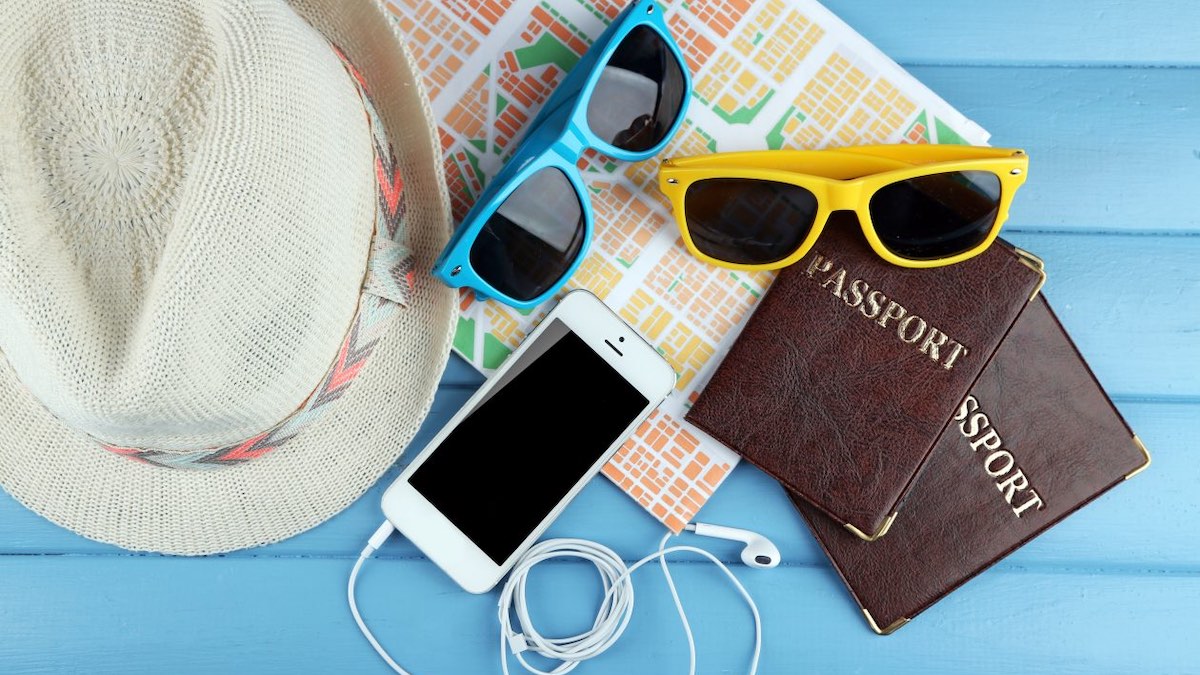Travelling tips when you live with migraine
Are you in the midst of planning a trip and concerned about how migraines will affect your travels? We’ve put together this list of commonly asked questions and answers to help you.
Is travelling a bad idea if I get migraines?
The answer to this question depends on many factors, such as the severity of your migraine, your migraine triggers and how the trip will affect your health. While we are unable to offer you an answer, we’ve put together four questions to guide your decision making:
- To what extent would your travels be negatively impacted by your migraines?
- Will you still be able to enjoy your trip if you have a migraine attack?
- What is the likelihood that you will get a migraine during your trip?
- Is there a better time to schedule this trip?
Migraine can be exacerbated by abrupt changes to your lifestyle such as jet lag from switching time zones. This is one factor demonstrating that the effects on your health from travelling will vary from destination to destination. You will also want to consider how stressful this trip may be, since stress is a common migraine trigger. For example, travelling to a destination where there’s a language barrier can be especially stressful.
Can I do anything to ensure that I don’t get migraines during my trip?
While you can’t ensure that you don’t get migraines, there are steps you can take that may decrease their frequency or severity.
Choose your lodgings carefully.
While choosing where to stay, consider whether any qualities of that area are factors that will aggravate your migraine condition. For example, if bright lights and loud noises are migraine triggers for you, you will want to stay in quieter areas with less light pollution. Also, keep in mind whether your lodgings possess the necessary facilities in maintaining your health, which brings us to the next tip.
Keep your schedule consistent.
Travelling may call for early mornings or late nights, but try your best to keep your sleep schedule consistent. It’s easy to forget meals when you’re busy sightseeing, but make sure you eat in a timely fashion. If you are somebody who finds frequent exercise effective in reducing the frequency or severity of migraine attacks, you will want facilities for exercise nearby.
Be mindful of any changes to your health while travelling.
If you find your migraines are significantly worse after travelling, or if you have new symptoms, you should check in with your physician. It may be a symptom of something else!
What should I prepare prior to my trip?
Shifting your sleep schedule in advance.
This is a great strategy many people use to reduce the effects of jet lag. Drastic changes in sleep schedule are a common migraine trigger, so minimizing the effect of time zone changes can help prevent migraines during your trip.
Trip cancellation and travel health insurance.
It is beneficial to look into trip cancellation insurance, especially if you have chronic, or long-lasting migraines. Many insurance policies will cover your nonrefundable trip costs if a physician recommends you cancel your trip.
Be sure to keep all appropriate documentation, such as receipts or contracts in case you need to cancel your trip. You may want to also consider getting travel health insurance in case you need to consult a healthcare professional during your trip.
Keep your travel plans flexible.
Try to make your trip plan flexible in case you need a day to rest or get a migraine attack. If you’re travelling with a group, plan activities that are not contingent on your participation. Explain your situation to the people you’re travelling with so that they’re prepared as well!
What do I do if I have a migraine attack at the airport? Or on the plane?
Airports and airplanes can be daunting places when you are at risk of getting a migraine. Airports are busy areas with a lot of stimulus while airplanes are filled with people in close proximity.
If you think that the airport or airplane will trigger a migraine, consider contacting the airport for accommodation. There may be quieter areas to rest in while waiting for your flight or seats with less crowding on the plane.
That being said, accommodation may not be possible without a fee, so it’s a good habit to bring medication, noise cancelling headphones and a sleep mask to help alleviate any symptoms you may experience.
Hopefully those tips were helpful for you! If there’s anything you think may be helpful for other readers, feel free to comment it down below.

Volunteer for Migraine Canada™
Post#1107
Categories
THE MIGRAINE TREE
- BRANCHES
- ACUTE TREATMENTS
- DEVICES AND NEUROMULATIOIN
- PREVENTIVE TREATMENTS
- PROCEDURES AND INJECTIONS
- SELF-CARE AND LIFESTYLE
- SOCIAL LIFE
- TRUNK
- ROOTS
OTHER CATEGORIES




